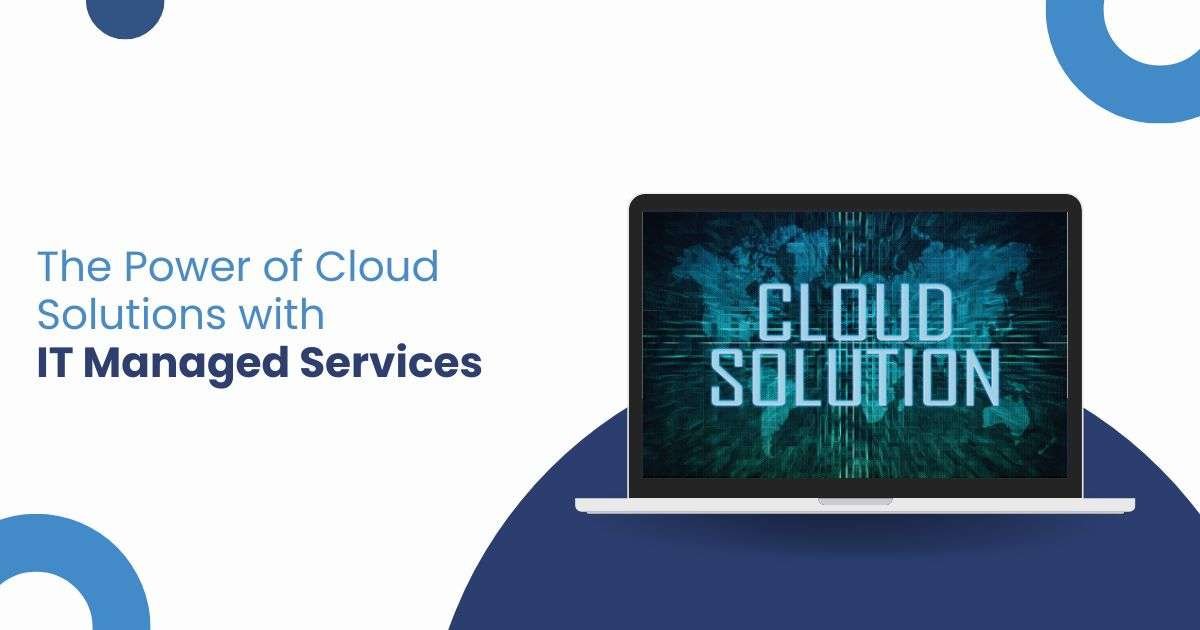
In today’s rapidly evolving digital landscape, businesses are increasingly turning to cloud solutions Houstonto drive innovation, enhance productivity, and gain a competitive edge. Leveraging the capabilities of cloud security solutions Houston can revolutionize the way organizations operate, allowing for greater flexibility, scalability, and efficiency. However, navigating the complexities of...
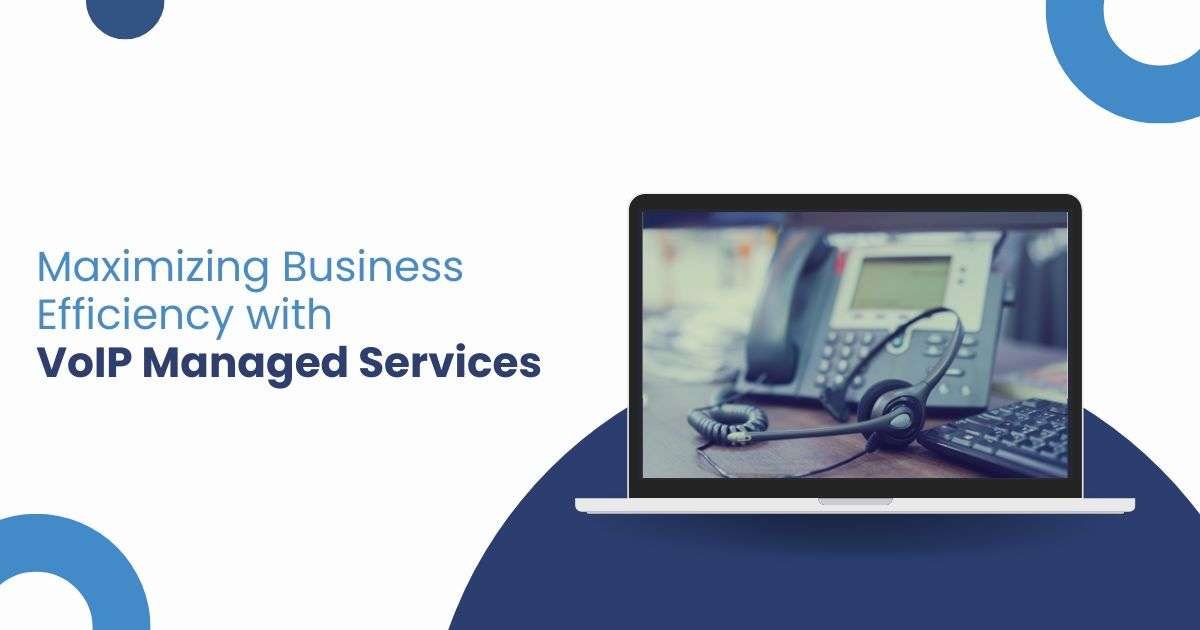
In today’s fast-paced business environment, communication plays a crucial role in driving productivity and efficiency. As VoIP Managed Services continues to evolve, traditional phone systems are being replaced by more advanced and flexible solutions, with VoIP (Voice over Internet Protocol) leading the way. In this article, we’ll explore the...
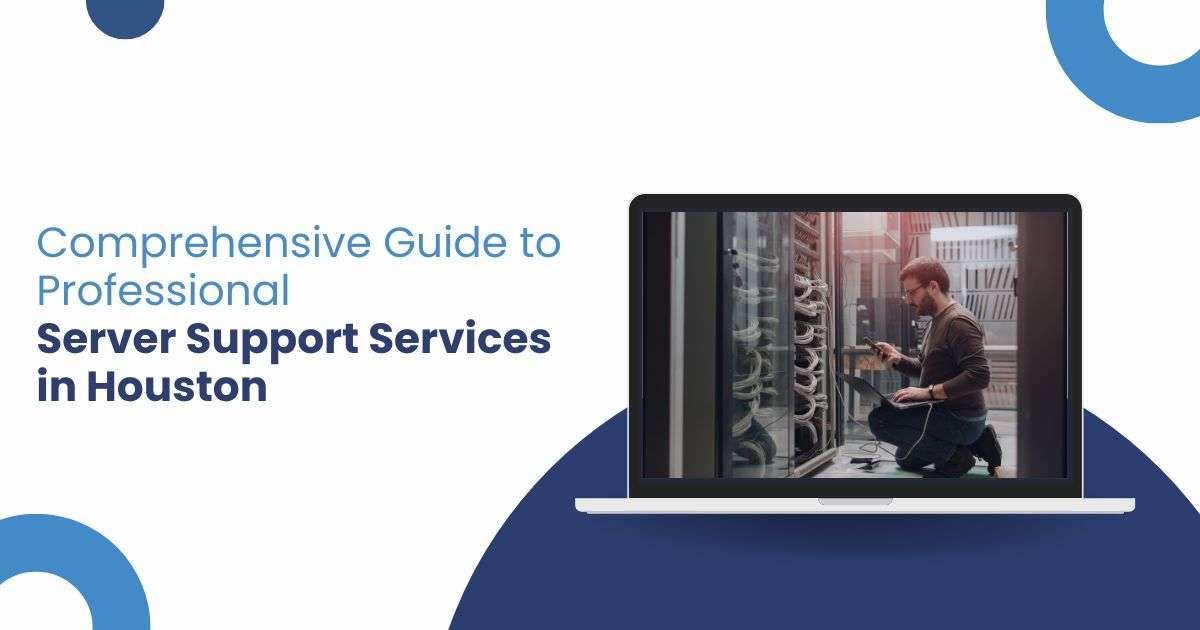
In today’s digital landscape, robust Reliable server support providers are the backbone of successful IT managed services. As businesses increasingly rely on technology to streamline operations and deliver exceptional services, the demand for reliable server management services continues to soar. This comprehensive guide explores the intricacies of IT server...
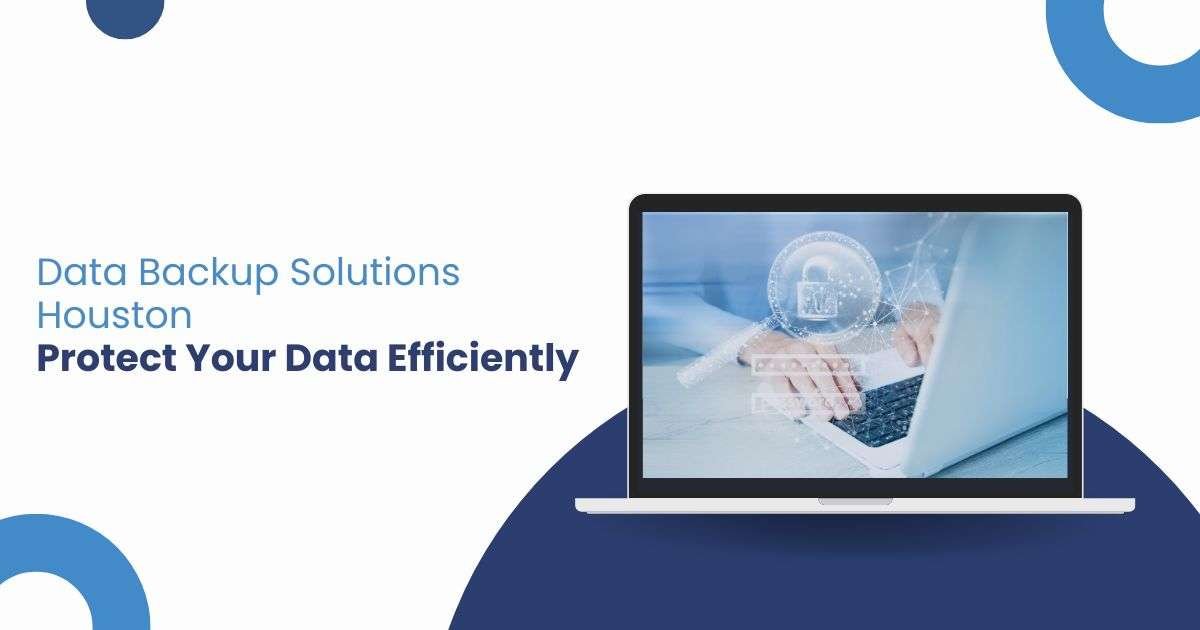
In the fast-paced world of IT management, safeguarding data is paramount. With the ever-growing volume of digital information, the risk of data loss looms large. This comprehensive guide delves into the intricacies of data backup solutions Houston, offering insights into why they are indispensable for IT management services. Importance...
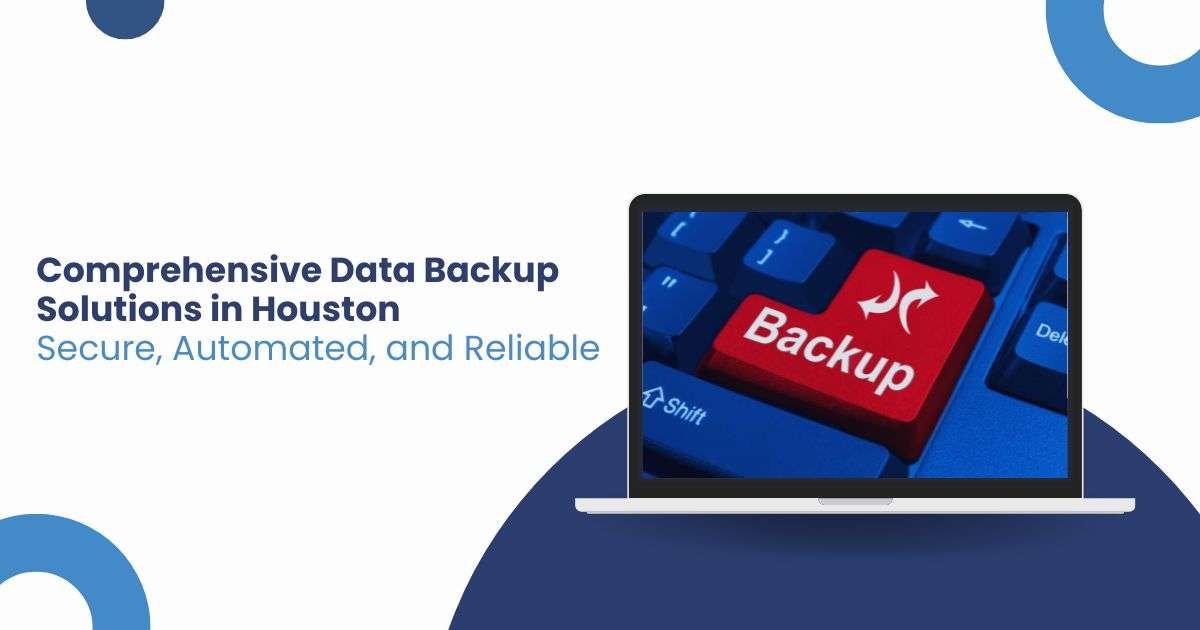
In the fast-paced world of technology, data has become the lifeblood of businesses. From customer information to financial records, the digital landscape holds invaluable assets that need protection. This is where data restore solutions play a critical role. In this comprehensive guide, we’ll delve into the importance of data...

In today’s digital age, email has become an indispensable tool for communication in both personal and professional spheres. However, with the increasing reliance on email comes the heightened risk of cyber threats and attacks. This is where email security steps in – a robust solution designed to enhance Mail...

In the realm of IT management services, ensuring robust email security is paramount. With the ever-evolving landscape of email threat protection, organizations face unprecedented challenges in safeguarding their email communications. This is where Mail-Assurance emerges as a game-changer. In this comprehensive guide, we delve into the significance of Mail-Assurance...
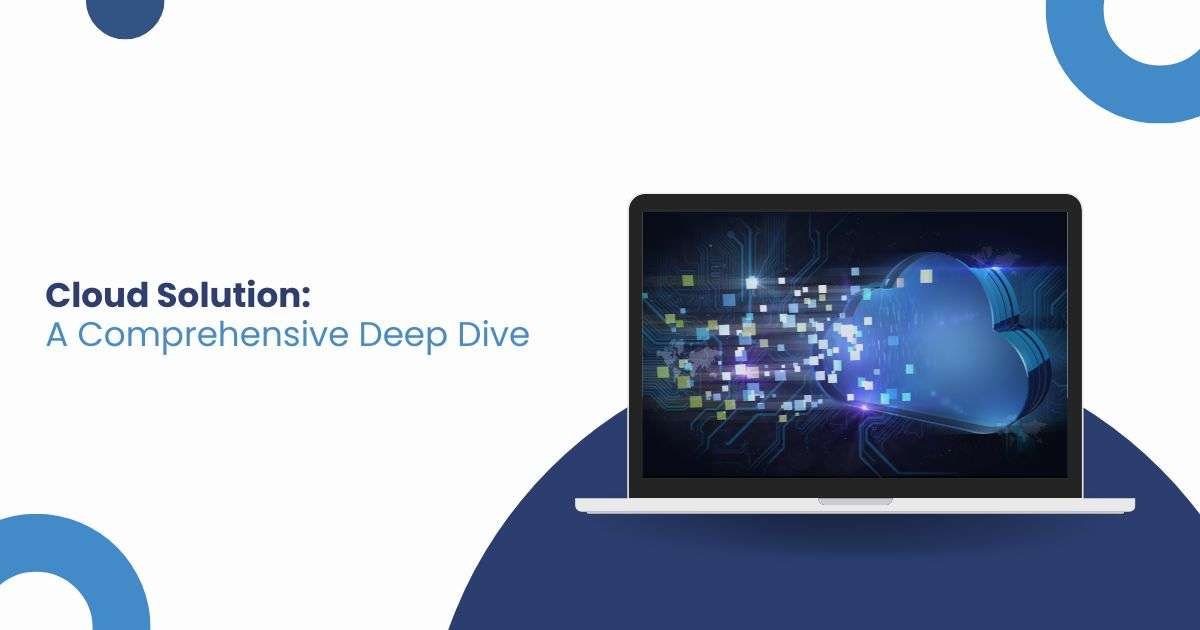
In the Degital Era, Businesses are leveraging advanced technologies to streamline operations and enhance efficiency. One such transformative technology is Cloud Solutions. In this article, we’ll explore the world of cloud solutions, with a specific focus onIT Manage Service innovative approach. Understanding IT Manage Service Approach IT Manage Service...